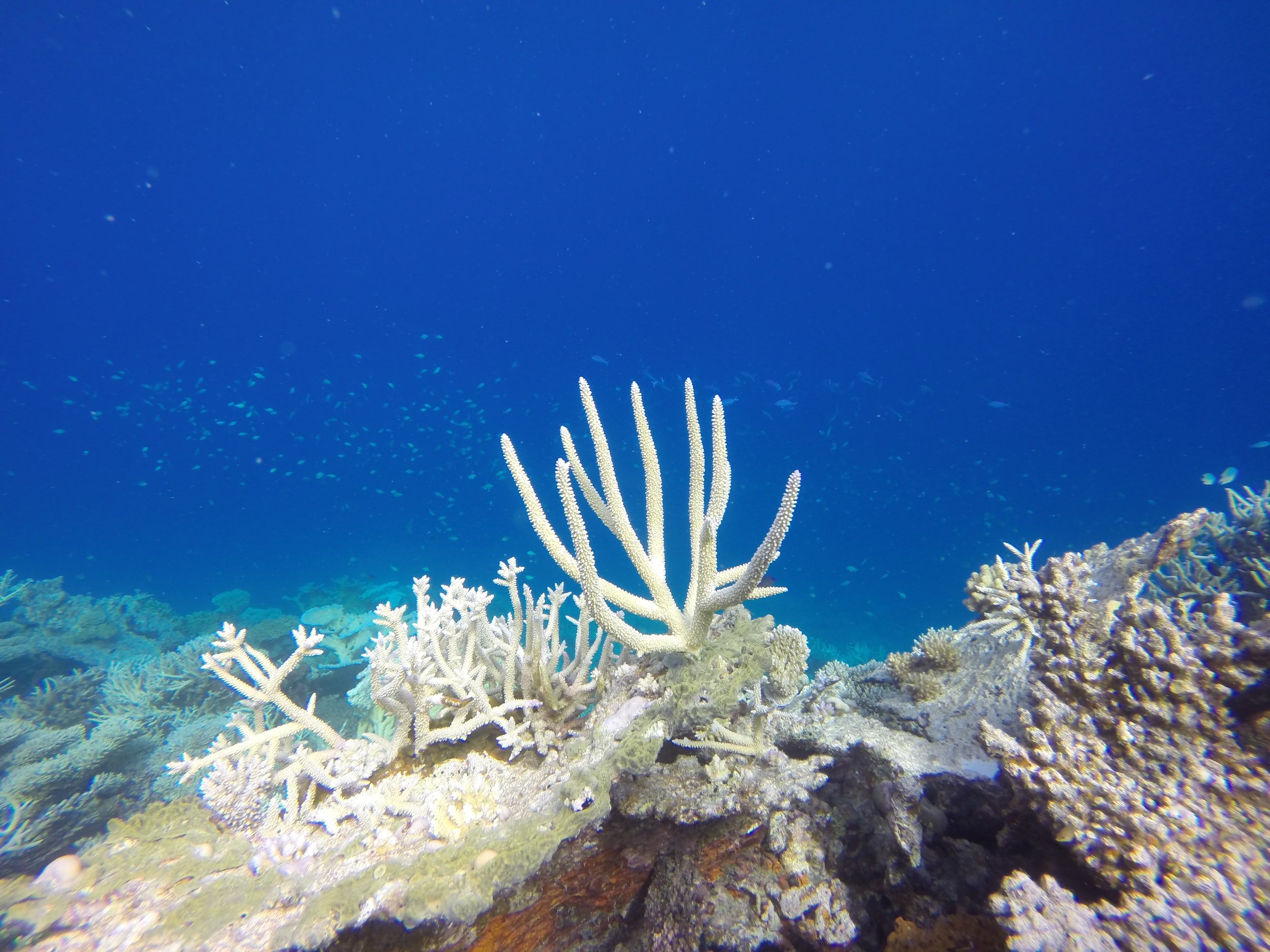
The Ocean Acidification Research for Sustainability (OARS) Programme
The OARS programme seeks to further develop the science of ocean acidification, including observing changes in ocean chemistry, identifying the impacts on marine life and helping to support the sustainability of marine ecosystems.
Co-chairs:
Professor Steve Widdicombe, Plymouth Marine Laboratory, UK
Dr Jan Newton, University of Washington, USA
Borne out of the Global Ocean Acidification Observing Network (GOA-ON), an international community partnership formed in 2012, the OARS programme aims to: provide systematic evidence of the impacts of ocean acidification on the sustainability of marine ecosystems; enhance ocean acidification capacity; increase observations of ocean chemistry changes; enhance the communication to policy makers and communities by providing the information needed to mitigate and adapt to ocean acidification; and to facilitate the development and evaluation of strategies to offset future impacts.
The OARS programme has set out 7 major outcomes that it seeks to achieve by 2030:
increased global observing capacity;
better appreciation of data requirements for action;
more open availability of data to users;
better understanding of biological impacts;
more effective predictions of future trends and impacts;
improved public understanding; and
increased uptake of ocean acidification knowledge into policy and legislation.
While ocean acidification is a global phenomenon, its impacts are often local. OARS will use GOA-ON’s nine established hubs (Arctic, Africa, North-East Atlantic, North America, Mediterranean, Pacific Islands, South America, Southern Asia, South-East Asia) to facilitate regional activities.
The North-East Atlantic hub is co-ordinated in Plymouth by Dr Helen Findlay, Plymouth Marine Laboratory.

